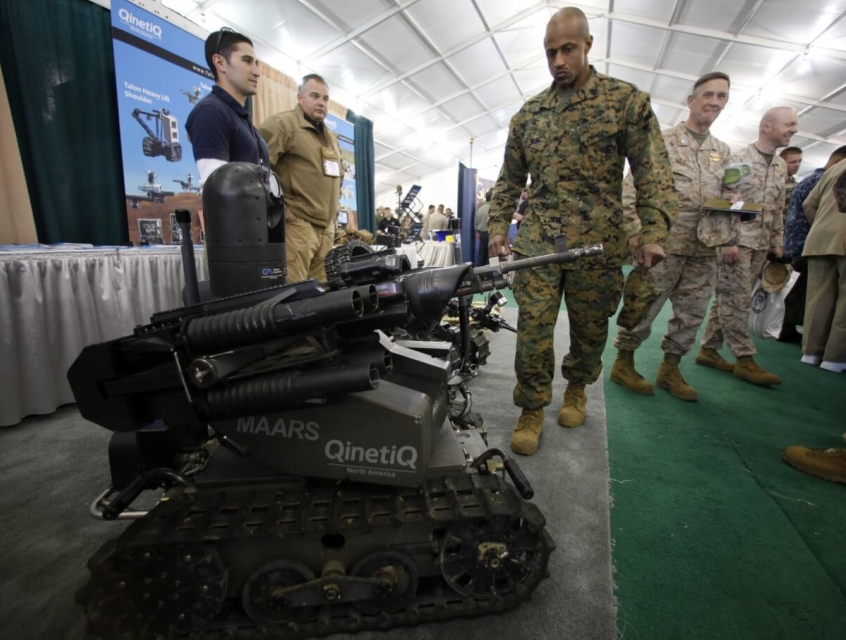
Right now, most countries are investing on enhancing the capabilities of their soldiers and training them for actual battle on the ground.
China and Russia, however, are taking the defence game a step further by pouring their resources in developing "killer robots," or weapons that are so autonomous they no longer need humans to control them.
U.S. Deputy Secretary of Defense Robert Work made this revelation at a recent forum, warning that the two countries' plan to create these killer robots could change the nature of warfare in the future.
During a forum hosted by the Center for the New American Security in Washington D.C., Work admitted that the development of these killer robots is putting pressure on the Pentagon to also tap robotics for combat.
"We know that China is already investing heavily in robotics and autonomy and the Russian Chief of General Staff [Valery Vasilevich] Gerasimov recently said that the Russian military is preparing to fight on a roboticised battlefield," Work said at the forum, as quoted by Tech Insider.
He added the prototypes of these killer robots are expected to be unveiled in the next two years.
"[Gerasimov] said, and I quote, 'In the near future, it is possible that a complete roboticised unit will be created capable of independently conducting military operations,'" he said.
Because of this development, the Pentagon official said the U.S. had to make sure that it "dominates" the development of artificial intelligence to counterbalance potential threats posed by Russia and China.
China and Russia's move to develop robot armies is expected to spark debates about the ethics of tapping artificial intelligence and machines for warfare.
Last July, over a thousand artificial intelligence researchers, including famous personalities Stephen Hawking and Elon Musk, issued an open letter calling for the ban on the development of autonomous weapons, warning of dangerous consequences for humanity.
Nonetheless, Russia seems bent on developing these autonomous war machines. Deputy Director General of Russia's defence contractor Uralvagonzavod Vyacheslav Khalitov said last October that the nation will unveil its prototypes by 2017.
"We will be able to show prototypes in 1.5 to 2 years. We are gradually moving away from crewed machines," he said, as quoted by Tech Insider.
















